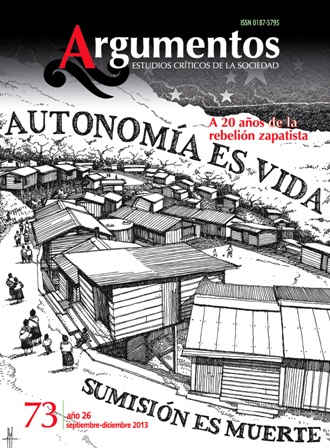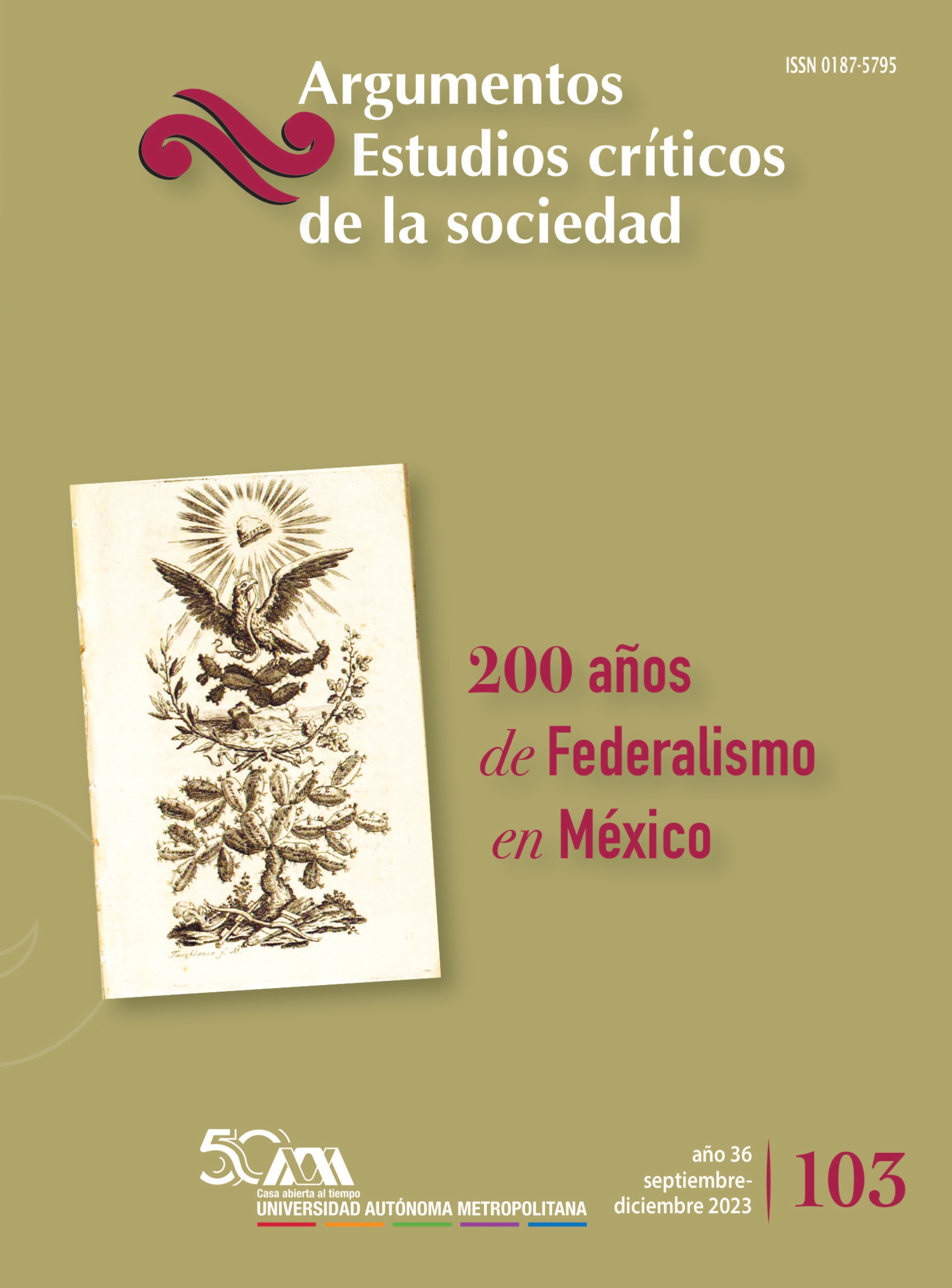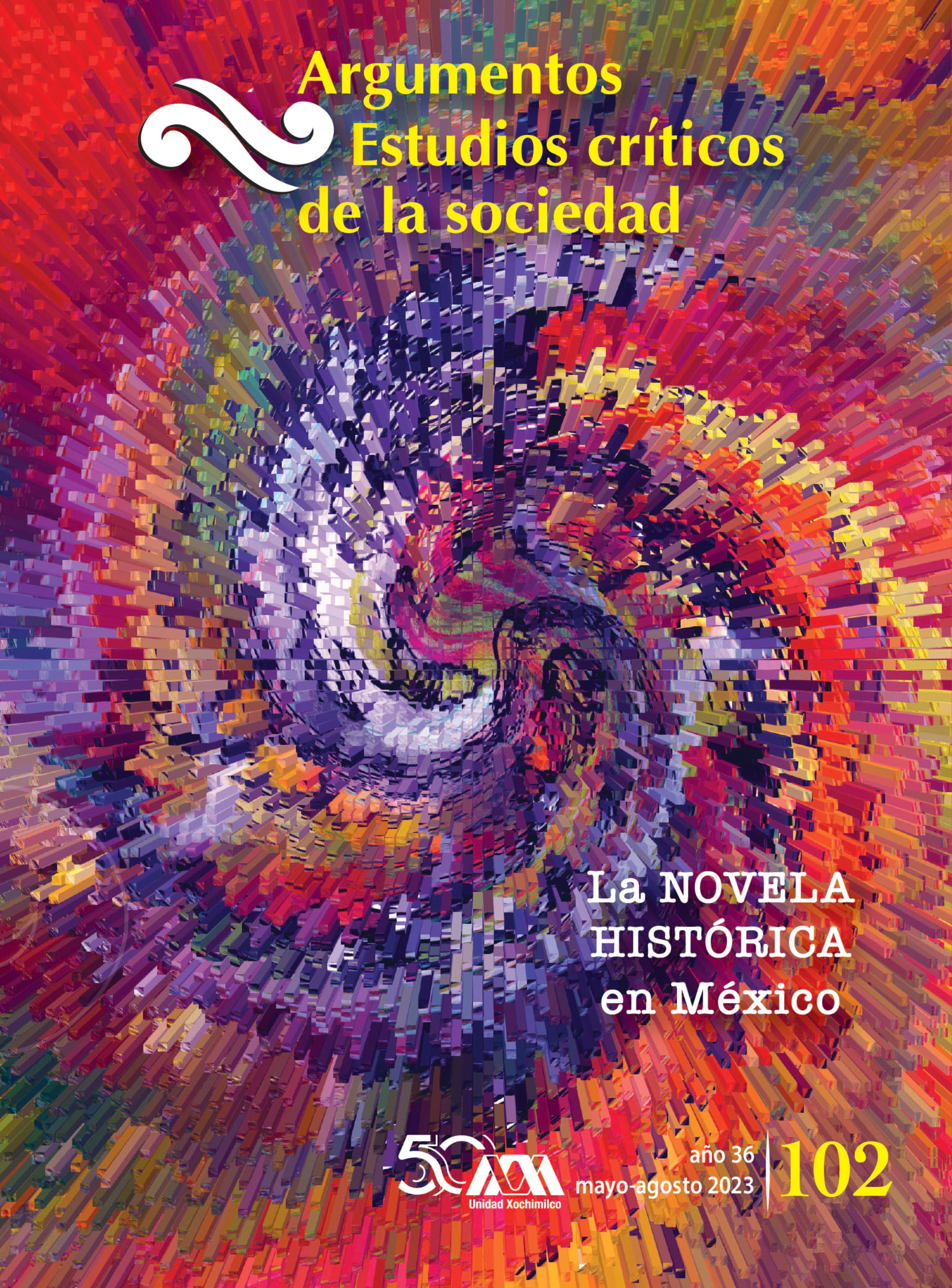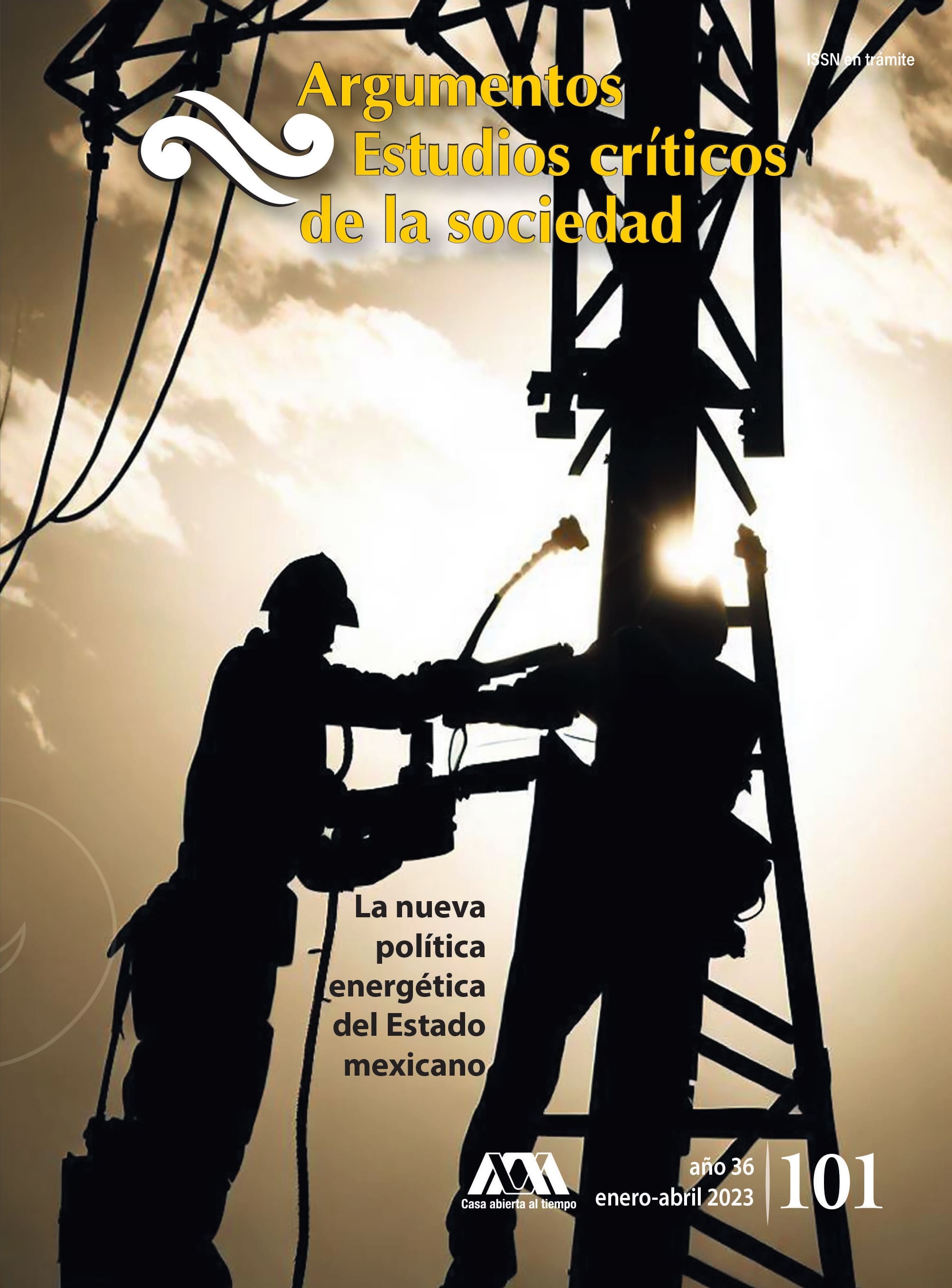El arcoíris terrestre como universal posible desde el zapatismo
Abstract
We resumed as constitutive moment for society in general, the process of the zapatista 30 years, today territorialized in organizational forms, social relations and creative action, as part of a regional political life project. We try to make visible recovery, reconfiguration, redefinition and articulate the zapatista resistance goegraphical expression. This process, dispute the territorial conception of control, domination and subjugation own nation-state who makes posible the accumulation dynamics of corporate capital. Just as modern liberal democracy, his party and electoral form. As ordinary people who practice "another way of doing politics"; exercise and institute rules and agreements to dispense justice. Implement self-managed projects as a base material that counteracts the imbalance of families, communities, villages and regions from health, education, housing, production, communication. Being possible to build a society with democracy, freedom and justice "from how to governus".The process is contextualized in the civilizational crisis and World War IV, where the dominant political, cultural and economic environment finds difficulties can not be resolved with in the framework in which they opérate. In this sense, we argue that the zapatistas have been those who have organized showing that the civilizational debacle is deciding what will be the new reality that we build together. In short, stop trying to understand it only as a strict socioterritorial movement in Chiapas regionalizad, to conceive it as a political Project that challenges the Mexican and global society, while recovering, especially reinvents recognizes organizational creativity and power. Making visible horizon of possibility for societal expressions build alternatives.








